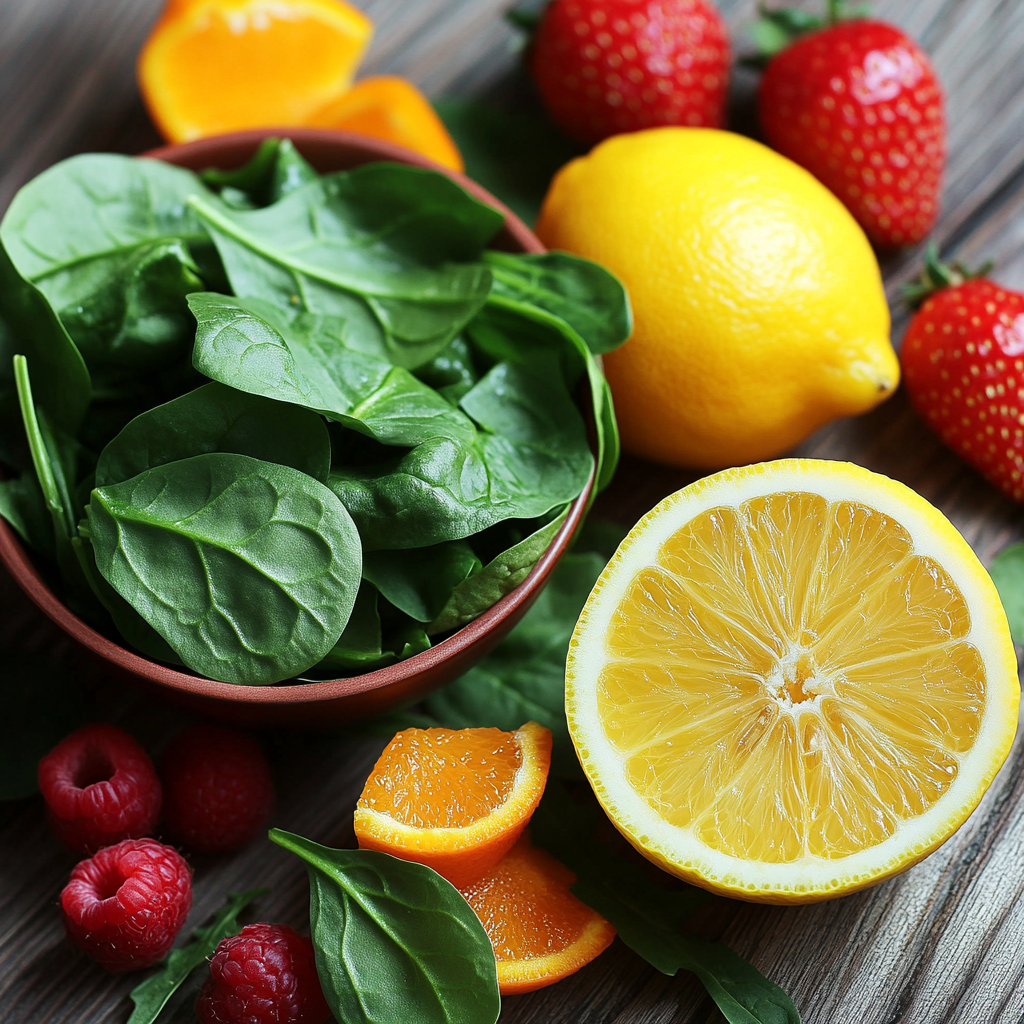Regularly consuming a variety of nutrient-dense foods, including citrus fruits, spinach, red peppers, and ginger, can help enhance your immune system. Providing your body with the right foods is a key strategy to maintain a robust immune defence. If your goal is to ward off colds, the flu, and other infections, start by shopping for these immune-boosting foods. Make sure your meal plans include these 15 powerful ingredients to support a healthy immune system.
Table of Contents
Citrus Fruits
Most people turn straight to vitamin C after they’ve caught a cold. That’s because it helps build up your immune system.
Vitamin C is thought to increase the production of white blood cells, which are key to fighting infections.
Most citrus fruits are high in vitamin C. With such a variety to choose from, it’s easy to add a squeeze of this vitamin to any meal.
Popular citrus fruits include:
- grapefruit
- oranges
- clementines
- tangerines
- lemons
- limes
Because your body doesn’t produce or store it, you need daily vitamin C for continued health. The recommended daily amount Trusted Source for most adults is:
- 75 mg for women
- 90 mg for men
If you opt for supplements, avoid taking more than 2,000 milligrams (mg) a day.

Red Bell Peppers
Ounce for ounce, red bell peppers contain almost 3 times as much vitamin C (127mg trusted Source) as a Florida orange (45mg trusted Source). They’re also a rich source of beta-carotene.
Besides boosting your immune system, vitamin C may help you maintain healthy skin. Beta-carotene, which your body converts into vitamin A, helps keep your eyes and skin healthy.

Broccoli
Broccoli is supercharged with vitamins and minerals. Packed with vitamins A, C, and E, as well as fiber and many other antioxidants, broccoli is one of the healthiest vegetables you can put on your plate.
The key to keeping its power intact is to cook it as little as possible — or better yet, not at all.
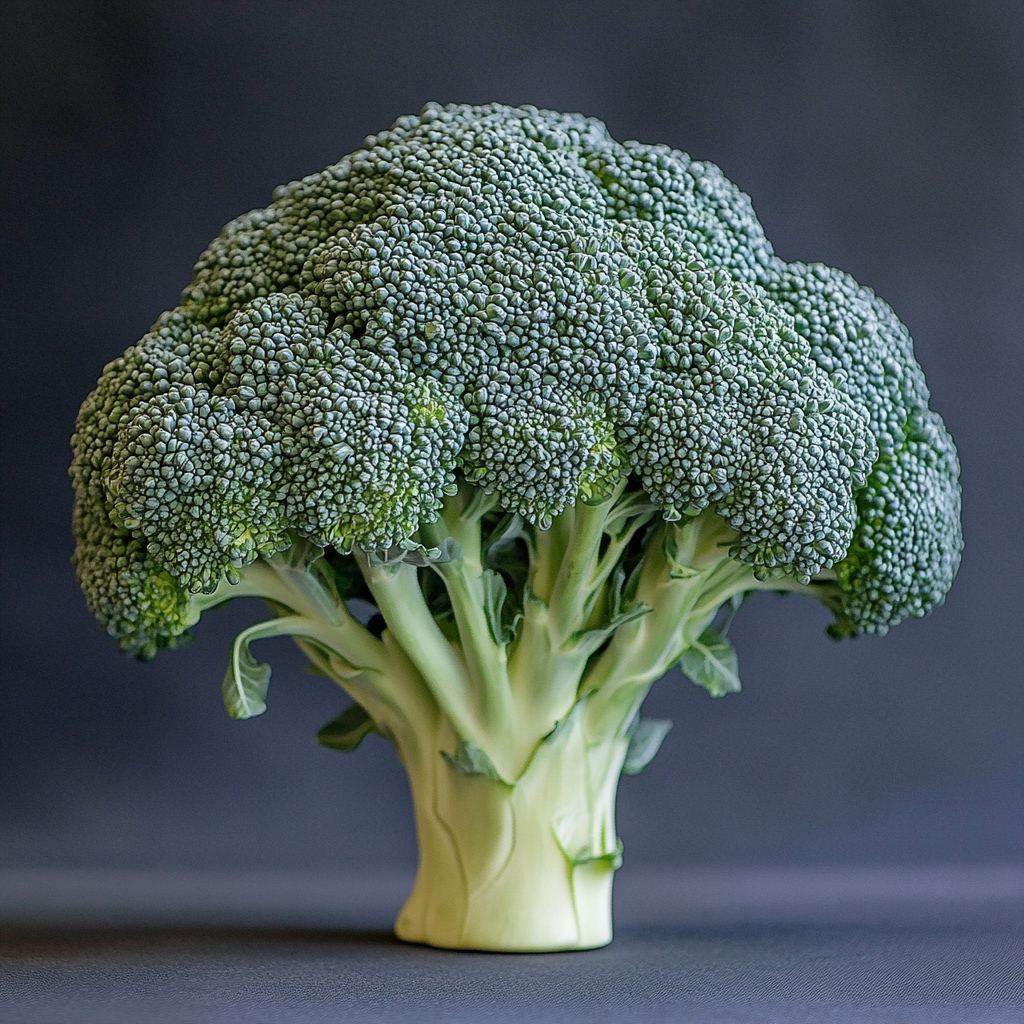
Garlic
Garlic is a fantastic addition to your diet if you’re looking to boost your immune system. It’s packed with compounds like allicin, which has been shown to have antibacterial, antiviral, and anti fungal properties. These compounds can help your body fight off infections and illnesses. Garlic also contains antioxidants that help protect your cells from damage caused by free radicals.
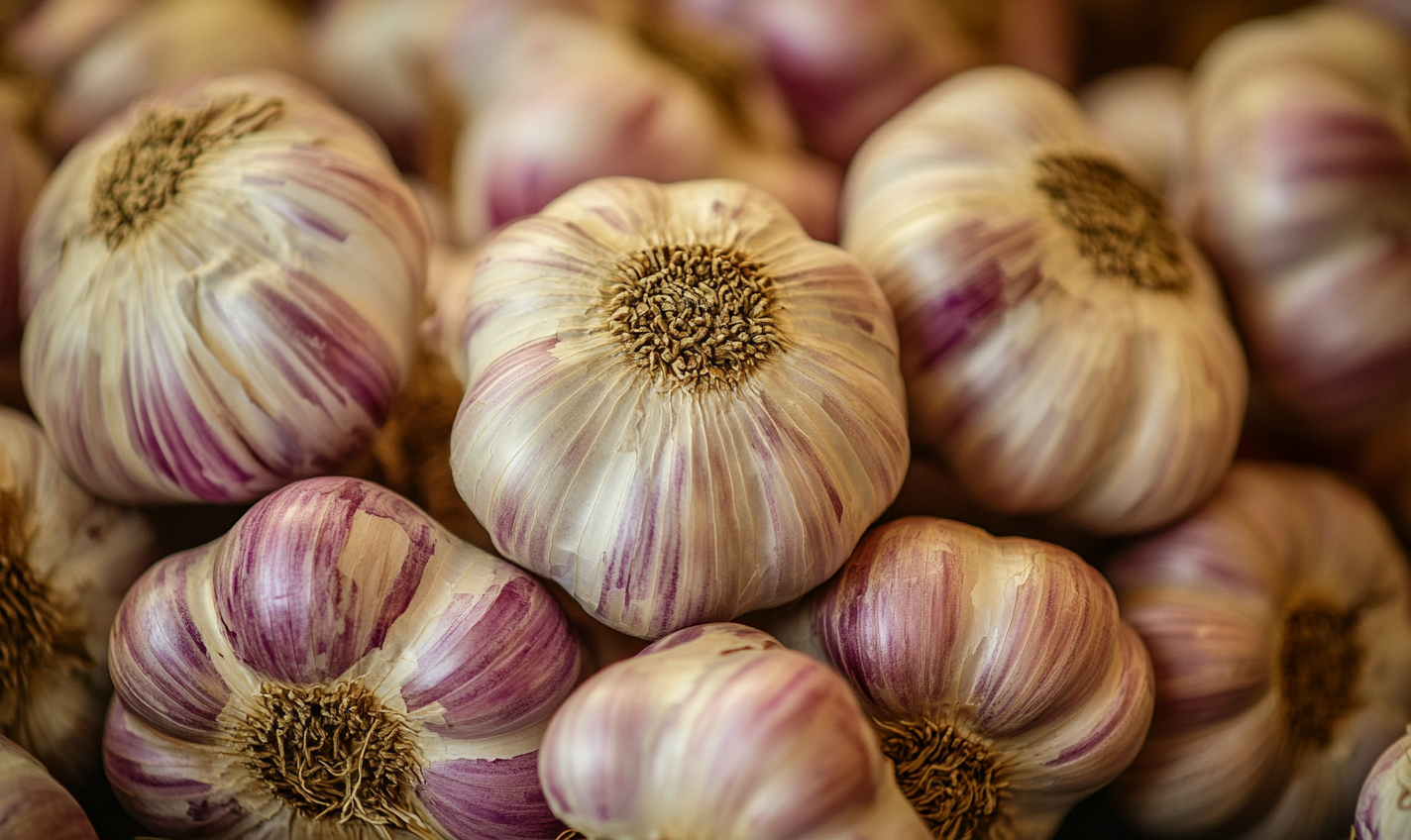
Ginger
Ginger is a fantastic natural remedy to include in your diet for bolstering your immune system. It has been used for centuries in traditional medicine due to its numerous health benefits. Here are some reasons why ginger is excellent for your immune health:
- Anti-Inflammatory Properties: Ginger contains compounds like ginger that have powerful anti-inflammatory effects. Reducing inflammation can help support a healthy immune response.
- Antioxidants: Ginger is rich in antioxidants that help protect your cells from damage and support overall immune health.
- Antimicrobial Effects: Ginger has natural antimicrobial properties that can help fight off infections and keep your body healthy.
- Soothes Sore Throats: Ginger tea or fresh ginger can soothe a sore throat and reduce symptoms of colds and flu.
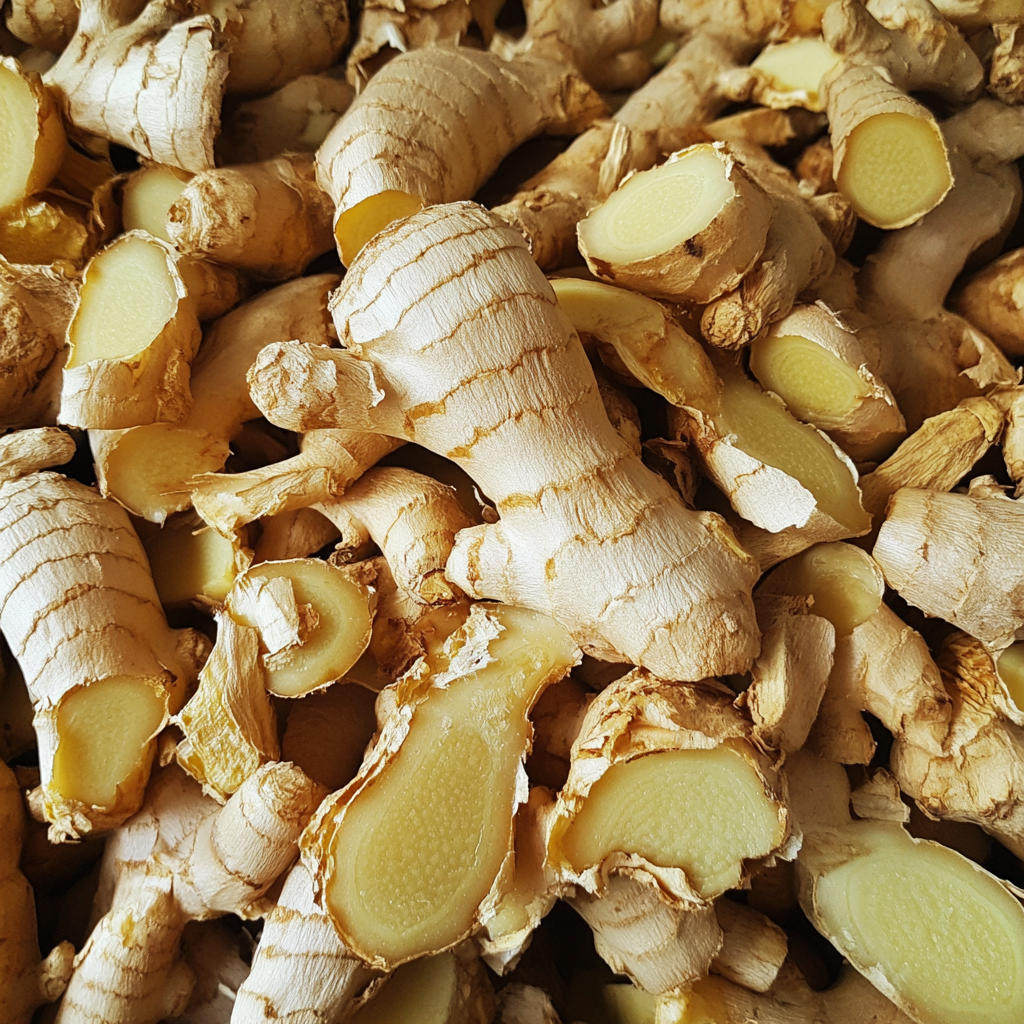
Spinach
Spinach is a nutritional powerhouse that can do wonders for your immune system. Here are some reasons why spinach is beneficial for immune health:
- Rich in Vitamins and Minerals: Spinach is packed with vitamins A, C, and E, as well as magnesium and fol ate, all of which are essential for maintaining a healthy immune system.
- High in Antioxidants: Spinach contains antioxidants like beta-carotene, which help protect your cells from damage and reduce inflammation, supporting overall immune function.
- Contains Iron: Iron is crucial for healthy blood cells and oxygen transport throughout the body. Spinach provides a good amount of iron, which supports the immune system.
- Supports Gut Health: The fiber in spinach promotes a healthy digestive system, which is important for a strong immune response.

Yogurt
Look for yogurts that have the phrase “live and active cultures” printed on the label, like Greek yogurt. These cultures may stimulate your immune system to help fight diseases.
Try to get plain yogurts rather than the kind that are flavored and loaded with sugar. You can sweeten plain yogurt yourself with healthy fruits and a drizzle of honey instead.
Yogurt can also be a great source of vitamin D, so try to select brands fortified with this vitamin. Vitamin D helps regulate the immune system and is thought to boost our body’s natural defences against diseases.
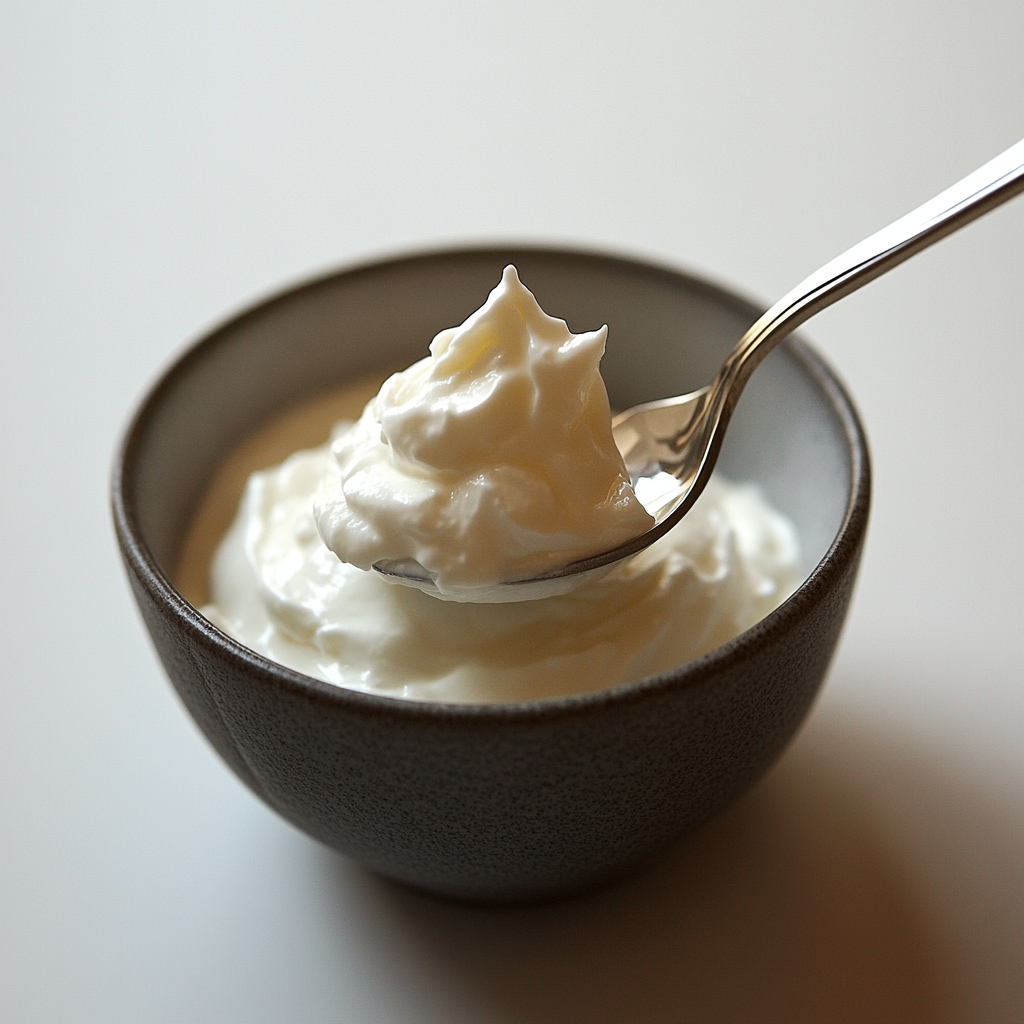
Almonds
When it comes to preventing and fighting off colds, vitamin E tends to take a backseat to vitamin C. However, this powerful antioxidant is key to a healthy immune system.
- Rich in Vitamin E: Almonds are packed with vitamin E, a powerful antioxidant that helps protect your cells from damage and supports a healthy immune system.
- Healthy Fats: Almonds contain healthy monounsaturated fats, which help reduce inflammation and support overall health.
- Good Source of Protein: Protein is essential for the production of antibodies and immune cells. Almonds provide a good amount of protein to support this process.
- Magnesium: Almonds are a good source of magnesium, which plays a role in maintaining a healthy immune response.
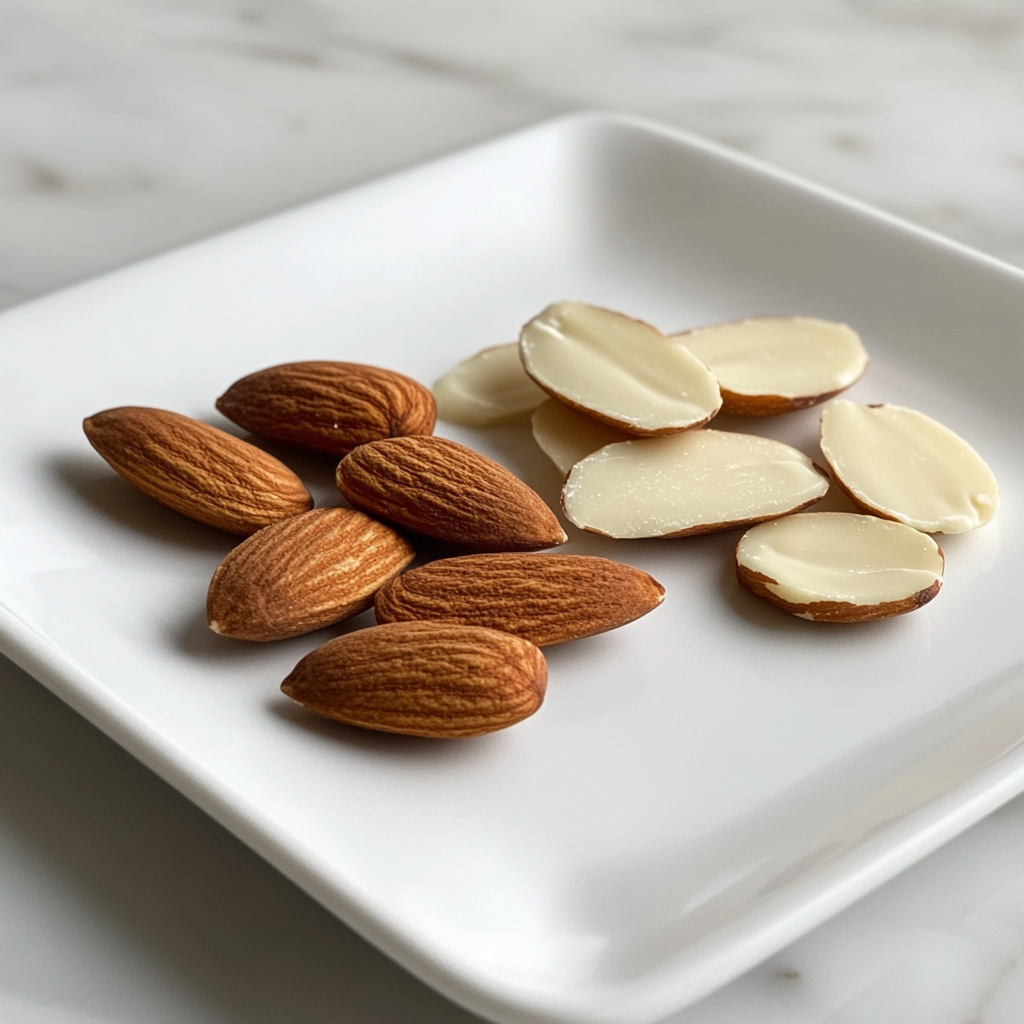
Sunflower Seeds
Sunflower seeds are full of nutrients, including phosphorous, magnesium, and vitamins B6 and E.
Vitamin E is important in regulating and maintaining immune system function. Other foods with high amounts of vitamin E include avocados and dark leafy greens.
Sunflower seeds are also high in selenium. Just 1 ounce contains nearly the selenium that the average adult needs daily.
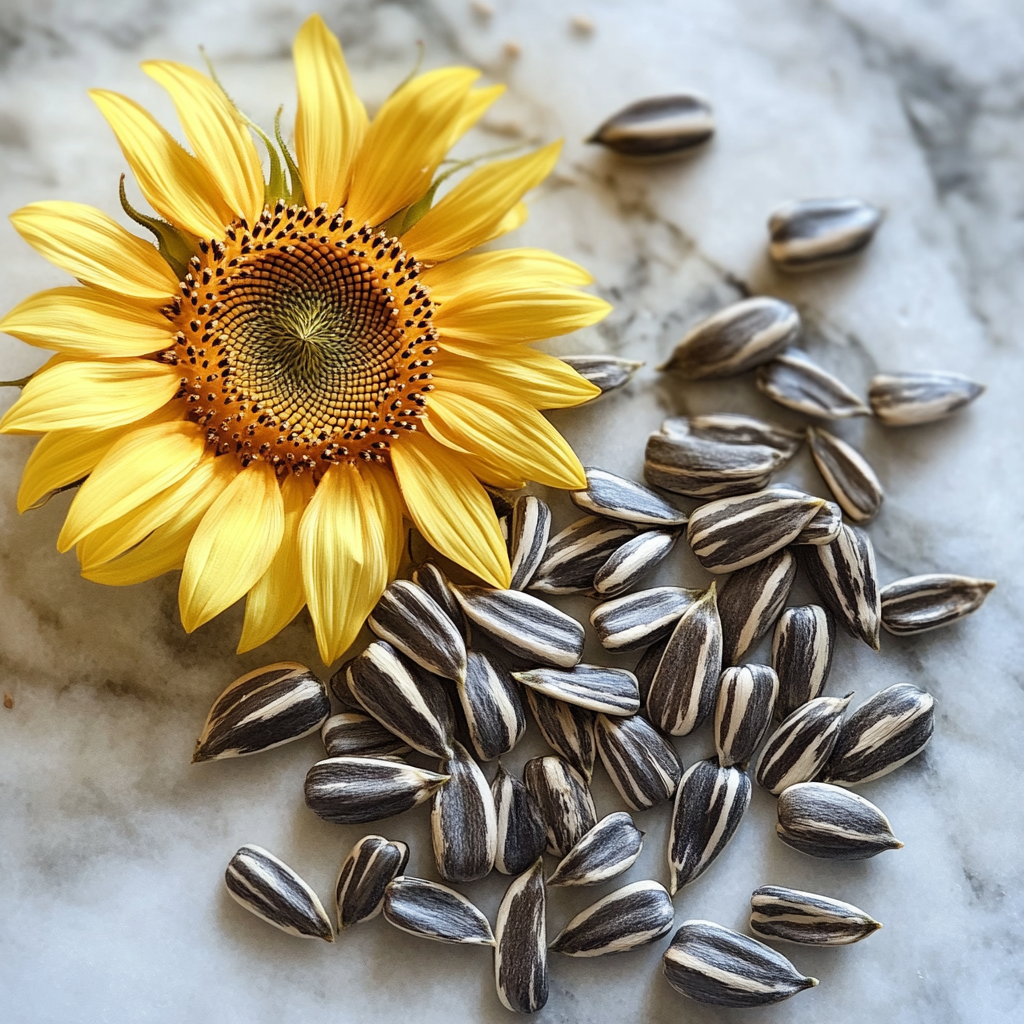
Tumeric
Turmeric is a vibrant yellow spice that has been used for centuries in traditional medicine and cooking. It’s particularly known for its immune-boosting properties. Here are some reasons why turmeric is beneficial for your immune system:
- Curcumin: The active compound in turmeric, curcumin, has powerful anti-inflammatory and antioxidant properties. It helps reduce inflammation in the body, which supports a healthy immune response.
- Antimicrobial Effects: Curcumin has natural antimicrobial properties that can help fight off bacteria, viruses, and fungi, keeping your body healthy and less prone to infections.
- Enhances Antibody Responses: Studies have shown that curcumin can enhance the body’s antibody responses, which are essential for fighting off pathogens.
- Supports Gut Health: Turmeric helps maintain a healthy gut, which is important for a strong immune system. A healthy gut microbiome plays a crucial role in overall immune health.
To incorporate turmeric into your diet, you can add it to soups, stews, curries, and smoothies. You can also make a soothing turmeric tea by mixing turmeric powder with warm water, honey, and a pinch of black pepper (which helps increase the absorption of curcumin).
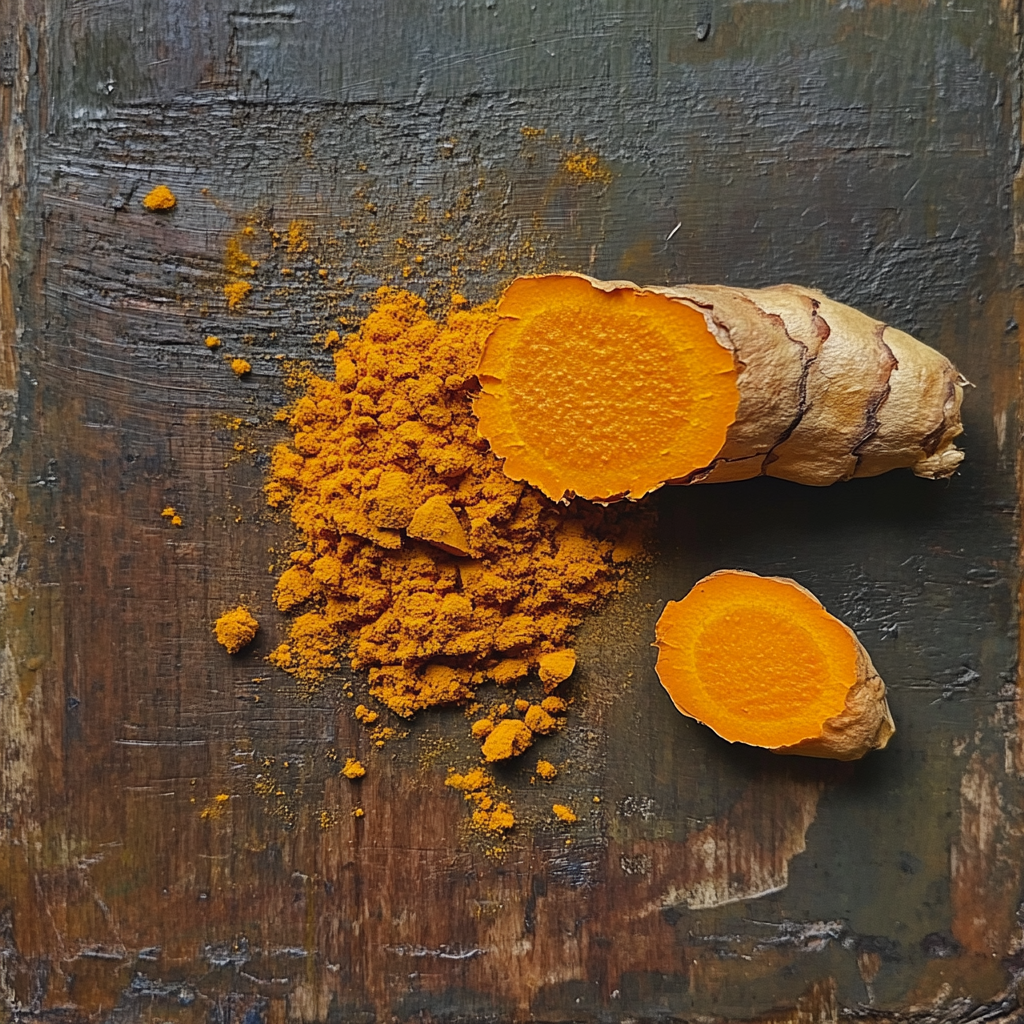
Green Tea
Both Green and black tea is a wonderful beverage that offers numerous benefits for your immune system. They are packed with flavonoids and is another powerful antioxidant. Here’s why green tea is great for your immune health:
- Rich in Antioxidants: Green tea contains powerful antioxidants called catechins, which help protect your cells from damage and support overall immune function.
- Polyphemus: The polyphenols in green tea have anti-inflammatory and antimicrobial properties, helping your body fight off infections and reduce inflammation.
- L-Theanine: Green tea contains an amino acid called L-theanine, which can help improve the production of immune cells and enhance the body’s response to pathogens.
- Vitamin C: Green tea provides a small amount of vitamin C, which is essential for maintaining a healthy immune system.
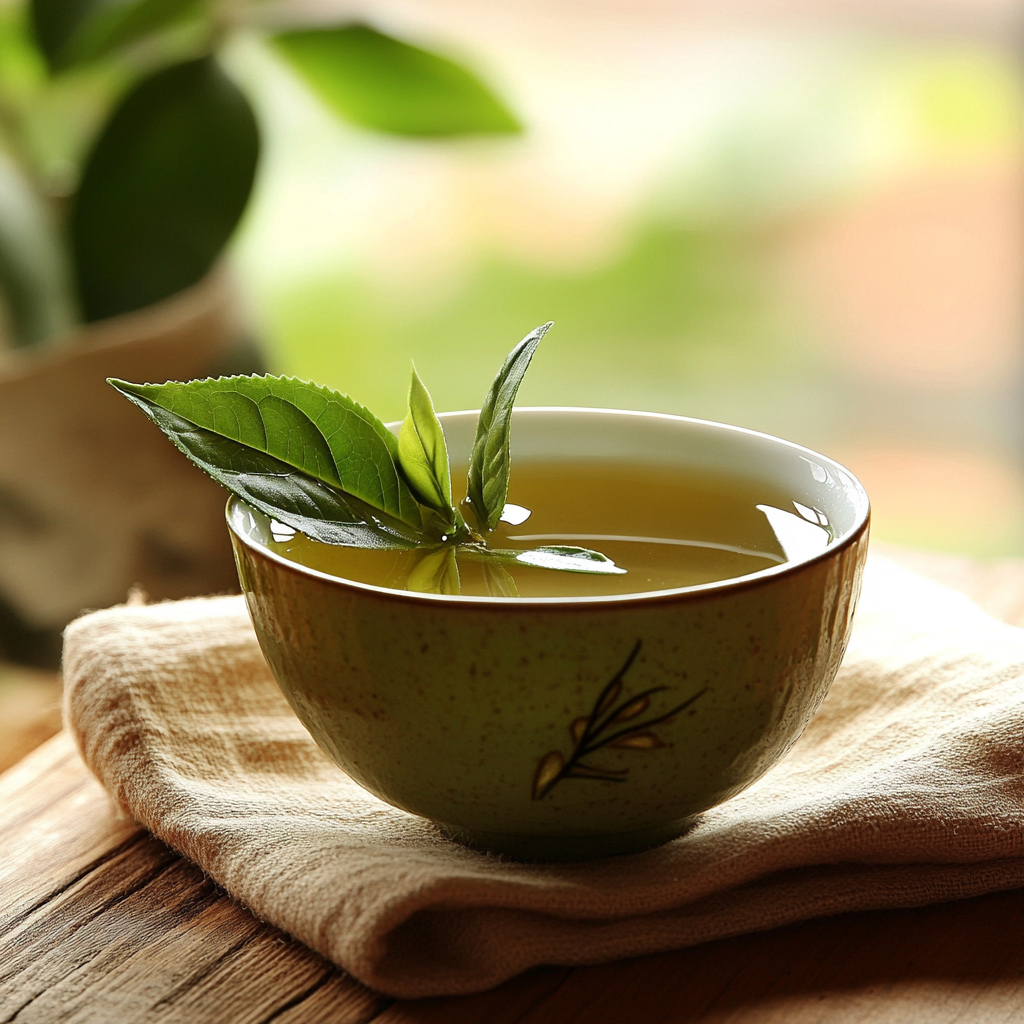
Papaya
One small papaya contains 100% of the daily recommended amount of vitamin C. Papayas also have a digestive enzyme called papain that has anti-inflammatory effects.
Papayas have decent amounts of potassium, magnesium, and folate all of which are beneficial to your overall health.
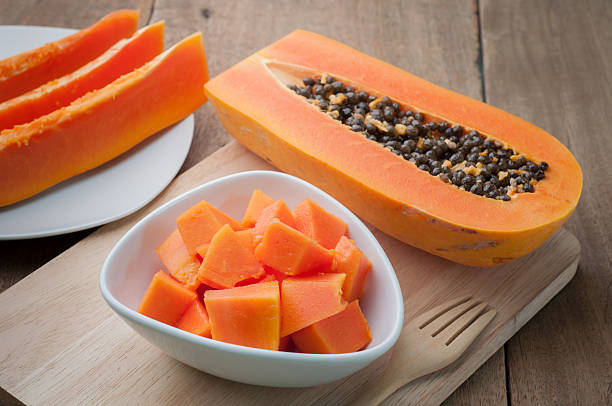
Kiwi
Kiwis are excellent for boosting your immune system. They’re rich in vitamin C, which is crucial for fighting infections. Kiwis also contain antioxidants like vitamin E and polyphenols, which protect cells and support immune function. Additionally, they provide folate for immune cell production and dietary fiber for gut health. Enjoy kiwis on their own, in smoothies, or in fruit salads to keep your immune system strong.

Poultry
When you’re sick, and you reach for chicken soup, it’s more than just the placebo effect that makes you feel better. The soup may help lower inflammation, which could improve symptoms of a cold.
Poultry, such as chicken and turkey, is high in vitamin B6. About 3 ounces of light turkey or chicken meat contains your daily recommended amount of B6.
Vitamin B6 is an important player in many of the chemical reactions that happen in the body. It’s also vital to the formation of new and healthy red blood cells.
Stock or broth made by boiling chicken bones contains gelatin, chondroitin, and other nutrients helpful for gut healing and immunity.
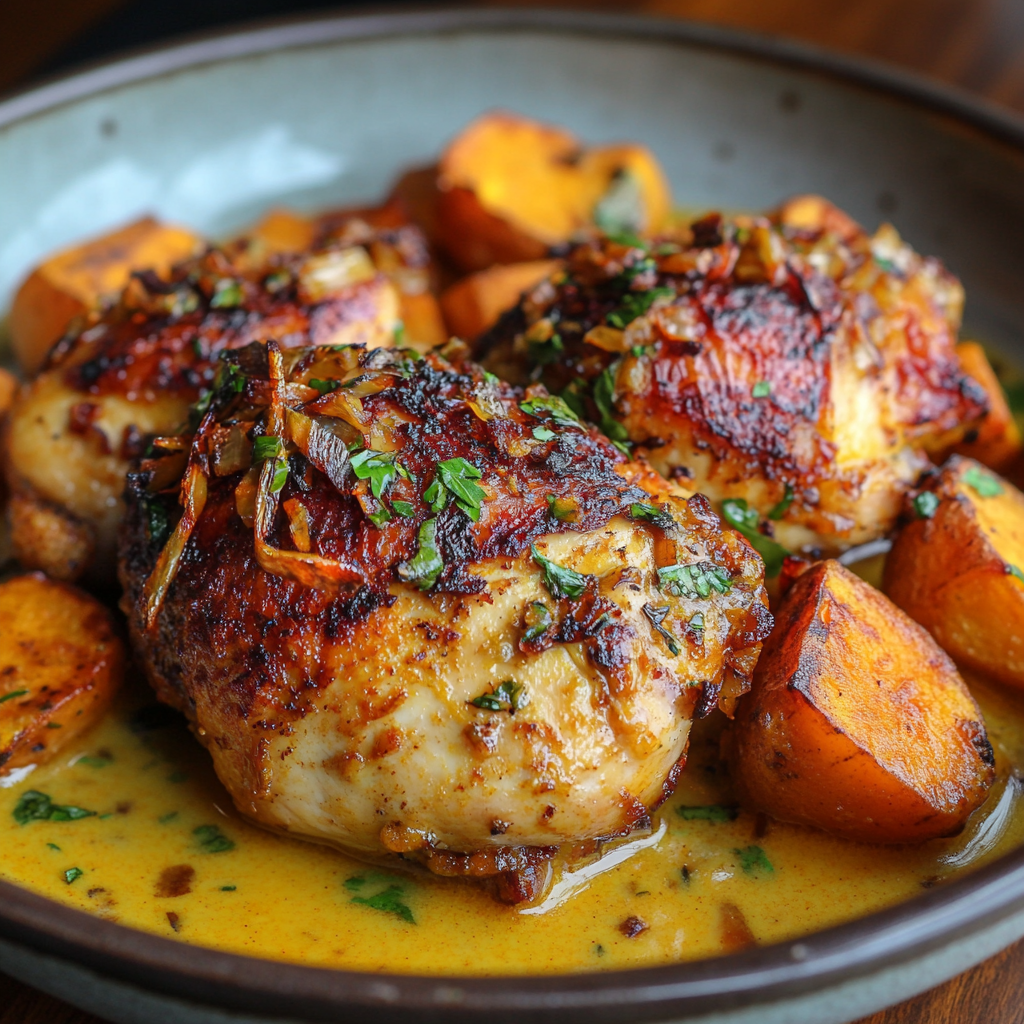
Shell Fish
Shellfish isn’t what jumps to mind for many who are trying to boost their immune system, but some types of shellfish provide zinc, a nutrient that supports immune function.
Varieties of shellfish that are high in zinc include:
- oysters
- crab
- lobster
- mussels
Keep in mind that you don’t want to have more than the daily recommended amount of zinc in your diet:
- 11 mg for adult men
- 8 mg for most adult women
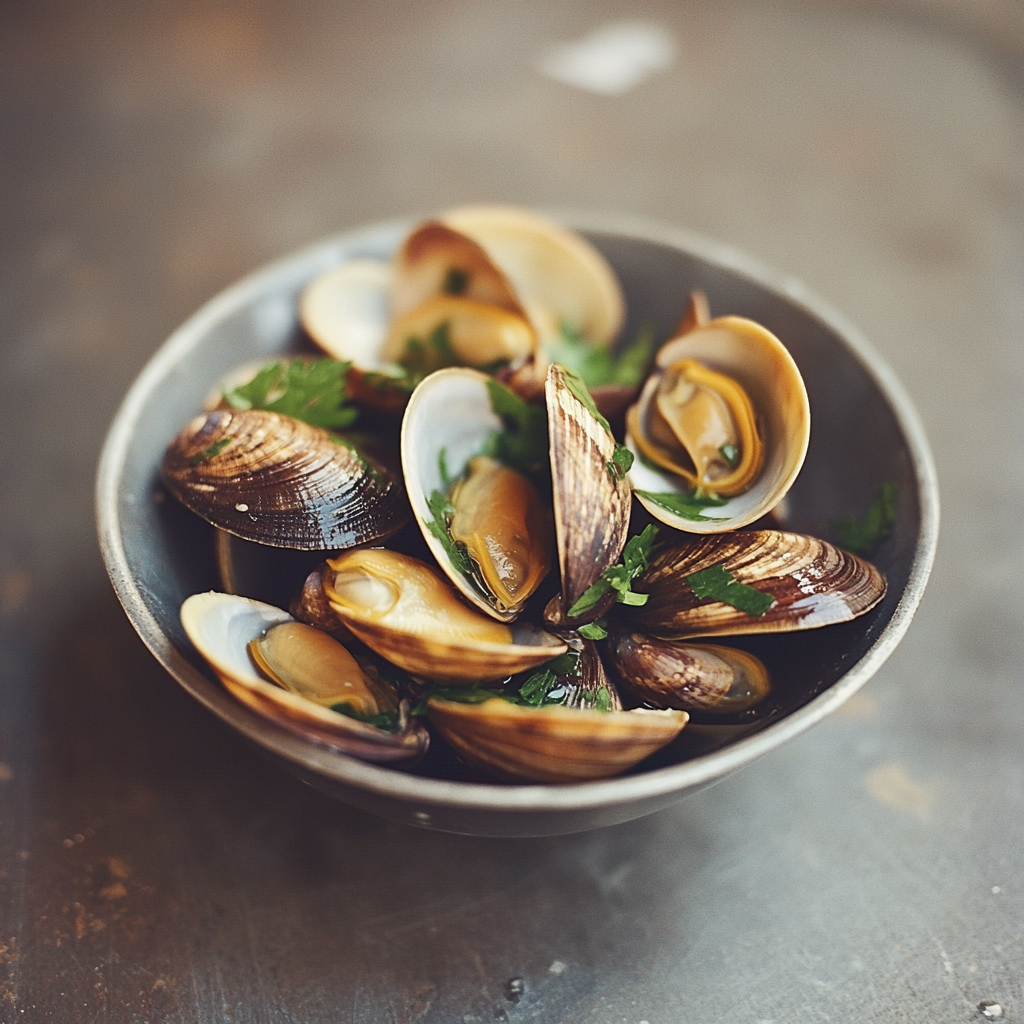
Too much zinc can actually inhibit immune system function.
Consuming a variety of fresh foods is essential for providing our bodies with the nutrients necessary for a well-functioning immune system. To stay as healthy as possible, you need to incorporate fruits, vegetables, whole grains, herbs, and spices into your diet.
Excellent choices for boosting your immune system include citrus fruits, spinach, almonds, papaya, and green tea.
However, it’s important to remember that diet alone cannot maintain our health. Regular exercise, maintaining a moderate weight, and avoiding habits such as smoking and excessive alcohol consumption are also crucial.
While a balanced diet is key to strengthening your immunity, it cannot and should not replace medical treatment, unless advised by a healthcare professional.
